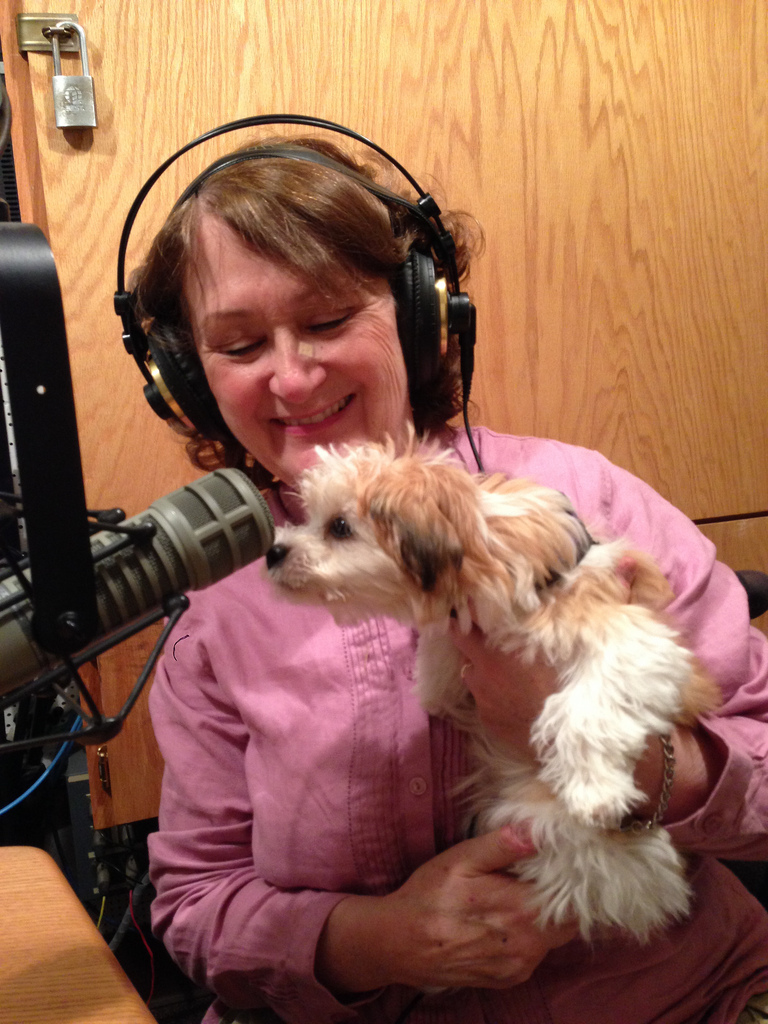88. Provide the local media with accurate information about local bird issues.

Most people who have been the subject of stories in newspapers, in magazines, or on television know how easy it is for reporters to get the details wrong. Environmental issues tend to be complex, not well suited for sound bytes, and beyond the expertise of the reporters, making it more likely that the information will be garbled. Sometimes it’s distressing to learn just how uninformed about birds and nature some supposedly well-educated reporters are. Before a television interview I was about to give on the Ring-billed Gull population explosion in Duluth, the news anchor asked me in all sincerity whether gulls are birds.
Those of us who have studied biology may be shocked that people can get through twelve years of public- or private-school education and even earn college and graduate degrees without ever learning what makes birds different from other animals. I was valedictorian of my high school class and graduated from college with high honors, yet at the age of twenty-three, I still needed two field guides and a recording to be certain about the identification of the first bird on my life list—a chickadee. Most of us with a passion for and understanding of birds have researched the subject on our own, taken an elective course in college, or even majored in biology or ornithology; most people with degrees in journalism have taken few science courses. And even most people with degrees in the sciences, including the life sciences, manage to finish their educations without gaining any in-depth knowledge about birds.
Despite the nagging suspicion that a television anchorman really should know that gulls are birds, it doesn’t pay to act appalled by such a question, especially if I may have to deal with that reporter again. I’ve always figured that it’s better to answer every question in a straightforward, matter-of-fact way, as I’d hope an accountant, lawyer, doctor, plumber, auto mechanic, or electrician would answer my “dumb” questions.
When bird stories or issues are being covered in the news, it would be ideal for a local bird club to put simple, accurate “FAQs” (frequently asked questions) on its website that could be quoted directly. If you ever give a telephone interview, don’t worry about hesitating before you speak—it’s better to put something together in your head so that it’s clear and accurate. If you’re invited to speak on a radio talk show or the television news, especially a live broadcast, you need to be quick, clear, and concise in order to make your point and maintain your credibility with the audience. Sometimes a good technique is to think of your audience and the reporter as intelligent and inquisitive fifth-graders who want to understand the whole picture but have no background in the subject. If you prefer to think of them as the educated adults they are, at least remember that they deal with a huge array of issues and have limited time to focus on a subject that’s of little personal interest to them. The more interesting and engaging your responses are, the more positive the audience response and the long-term outcome will be.
Anyone with a strong viewpoint about any topic tends to grow impatient with those who hold an opposing viewpoint or even those who are trying to look objectively at both sides. As our society grows increasingly polarized with regard to more issues, levels of incivility are rising. When advocating for a healthy environment, which all of us need, it’s better to shed light than heat on the subject.
From 101 Ways to Help Birds, published by Stackpole in 2006. Please consider buying the book to show that there is a market for bird conservation books. (Photos, links, and updated information at the end of some entries are not from the book.)